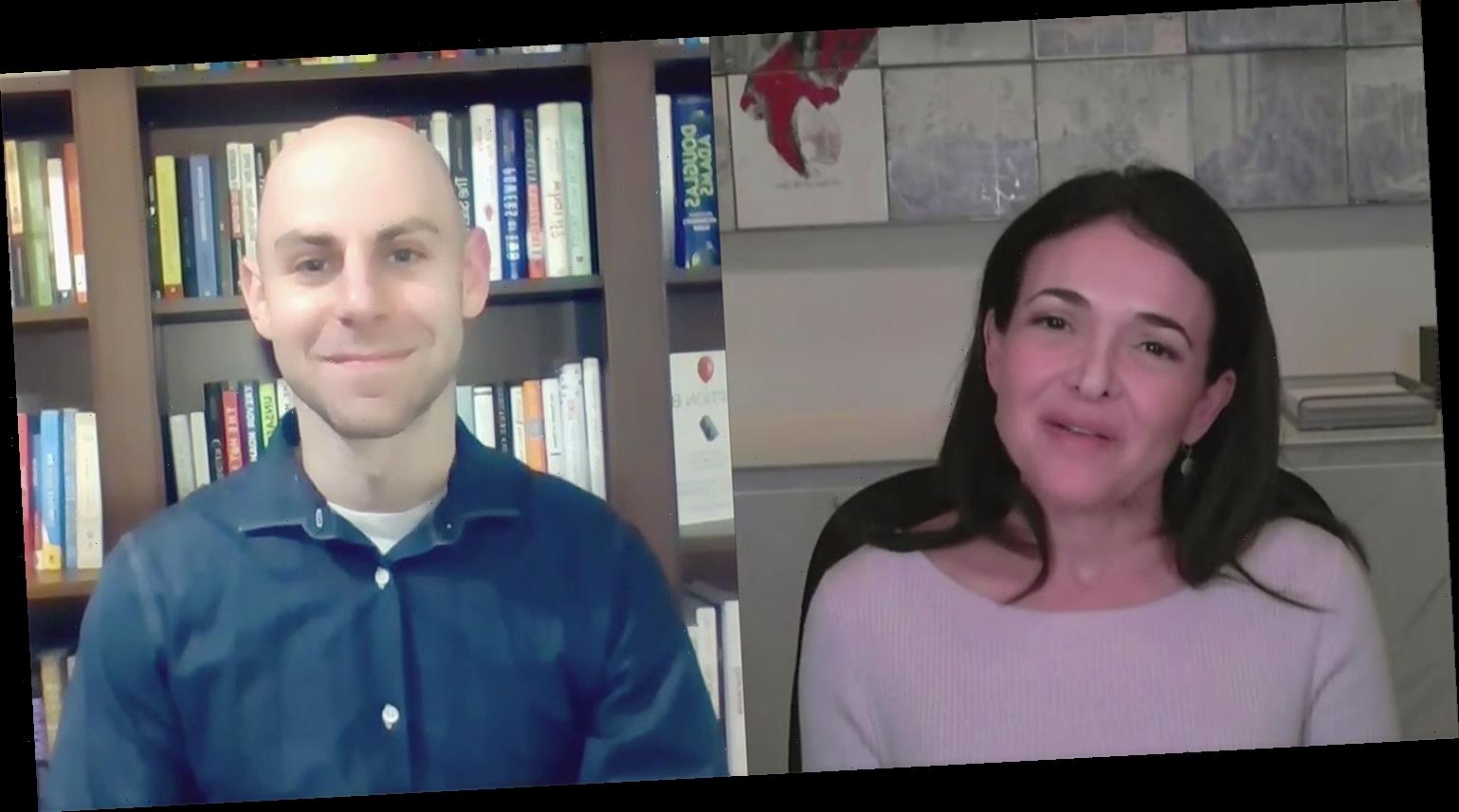Aside from potentially taking on more duties like homeschooling, many moms and dads are wondering what they can do, if anything, to ensure the ongoing coronavirus (COVID-19) pandemic doesn’t have long-term negative effects on their children’s psyches.
PEOPLE spoke with Sheryl Sandberg and Adam Grant, co-authors of Option B: Facing Adversity, Building Resilience, and Finding Joy, about the advice they’d give fellow parents during this time — but Grant has “good news” right out the gate for those worrying.
“Children are remarkably resilient. The younger ones probably won’t even remember it,” he says. “The older ones will experience a lot of the post-traumatic growth … to say, ‘Wow, I appreciate being able to go to school. I appreciate being able to interact in a classroom with my friends.’ ”
“I think those are things that we can look forward to,” adds Grant, 38, who’s a psychologist and professor at the Wharton School of the University of Pennsylvania. “In some ways, I think kids are going to learn the lessons of resilience earlier than they did before.”
In terms of how that translates into what parents can do for their children, Grant says “we ought to show ourselves more compassion” than many currently are.
“I’ve talked to a lot of parents over the past few weeks who are just beating themselves up constantly, feeling like they’re not setting good boundaries, they’re not doing enough to help their kids, and the reality is that our kids are going to be just fine, provided that they’re able to stay healthy and safe,” he adds.
Never miss a story — sign up for PEOPLE’s free daily newsletter to stay up-to-date on the best of what PEOPLE has to offer, from juicy celebrity news to compelling human interest stories.
“Part of mattering is knowing that other people notice you, care about you, love you. I think we get that,” Grant chimes in. “The other part of it, though, is feeling that other people rely on you. Kids need to feel that they make a difference to others.”
“One of the things I’d love to see more parents do is go to their kids for advice on small things. [For example,] I asked one of our daughters to find the right place for me to set up my video camera for a web conversation,” he adds. “It’s a small way that they can contribute, and I think it just shows them that what they have to offer counts, right? They’re not always in the position of need. They can help too.”
“Lenore Skenazy, who wrote the book Free-Range Kids, published an awesome op-ed in the Washington Post, which said exactly what Adam said, which is, ‘Don’t worry,’ ” Sandberg says. “There are enough things to worry about right now. I think our kids are remarkably resilient. They’re going to find things that interest them, and they’re going to find ways to keep learning. We can help them do that.”
As information about the coronavirus pandemic rapidly changes, PEOPLE is committed to providing the most recent data in our coverage. Some of the information in this story may have changed after publication. For the latest on COVID-19, readers are encouraged to use online resources from CDC, WHO, and local public health departments. PEOPLE has partnered with GoFundMe to raise money for the COVID-19 Relief Fund, a GoFundMe.org fundraiser to support everything from frontline responders to families in need, as well as organizations helping communities. For more information or to donate, click here.
Source: Read Full Article



